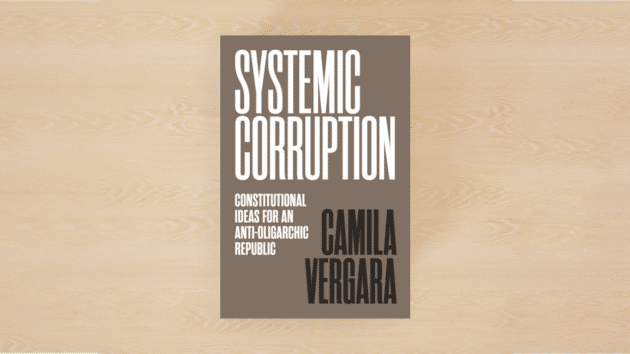CELDF's new monthly newsletter, Common Sense, Collective Action for Right Relationship is here! Our monthly newsletters will include a more personal message and the great…

CELDF's new monthly newsletter, Common Sense, Collective Action for Right Relationship is here! Our monthly newsletters will include a more personal message and the great Truth + Reckoning podcast content we and our partners produce. If you are not on our email list, join so you don't miss out!


CELDF's new monthly newsletter, Common Sense, Collective Action for Right Relationship is here! Our monthly newsletters will include a more personal message and the great…

Kai Huschke is the Executive and Development Director at CELDF, and has been part of the movement since 2009. In this personal message, Kai discusses…

Who benefits from the 4,750 data centers under construction in the U.S.? The ultra-rich, that’s who — not us, nature, or basic principles like Democracy. …

How do YOU keep healthy in a toxic world? How do you deal with rules and regulations that prohibit local authority? What do you consider…

CELDF and its partner Community Rights Lane County are not only resisting these violent assaults, we are attempting to flip the script all together. Read…

Living As Nature is Alive! - Support CELDF in 2025 See what we've brought together for you in the CELDF's Living As Nature 2025 Newsletter.

It is time we collectively take a giant step back, start making conscious choices about our technology use, and remove the red shoes before it…

Don’t miss CELDF’S Max Wilbert presentation hosted by Scientists Rebellion. His talk, titled “Technological Somnambulism and the Failure of the Scientific Imagination,” explores how academic…

The Primer walks you through the typical scenarios of what you can expect when a corporate project wants to come to town like elected officials saying…

All debates about environmental policy need to begin with honoring and protecting, not the desires of the human species, but with the sanctity of the…

This collection, which Howard Zinn calls "powerfully persuasive," chronicles POCLAD's evolution among the twelve POCLADers and with thousands of activists. Here are hidden histories, crisp…

Camila Vergara provides a compelling and original genealogy of political corruption from ancient to modern thought, and shows how representative democracy was designed to protect…

As Long As Grass Grows gives readers an accessible history of Indigenous resistance to government and corporate incursions on their lands and offers new approaches…

In Who Gets to Be Indian?, scholar and writer Dina Gilio-Whitaker (Colville Confederated Tribes) explores how ethnic fraud and the commodification of Indianness has resulted in mass…
It’s not just a book; it’s a collective invitation to reclaim our future through collaboration and care.

What if bodies of water were guaranteed the kinds of legal rights that would criminalize actions that make our water and resources toxic?
Lane County’s watersheds provide drinking water, irrigation for farms, and habitat for fish and wildlife. Yet these waterways face increasing threats from pollution, overuse, and…

Our goal is to assist others in NY educate their community about the bill and also to inform residents of other states as they contemplate…

Ecosystems on eight acres of land on the island of Kaua'i is now protected under a Rights of Nature easement - the first in Hawaii,…
The final chapter, “Exist, Flourish, Evolve,” brings together CELDF’s Tish O’Dell with artist Andrea Bowers and curator Megan Reich to reflect on what it means…

The folks in Columbus, Ohio with their anti-preemption city charter amendment, are attacking the structure of American law which protects the American war machine, the…